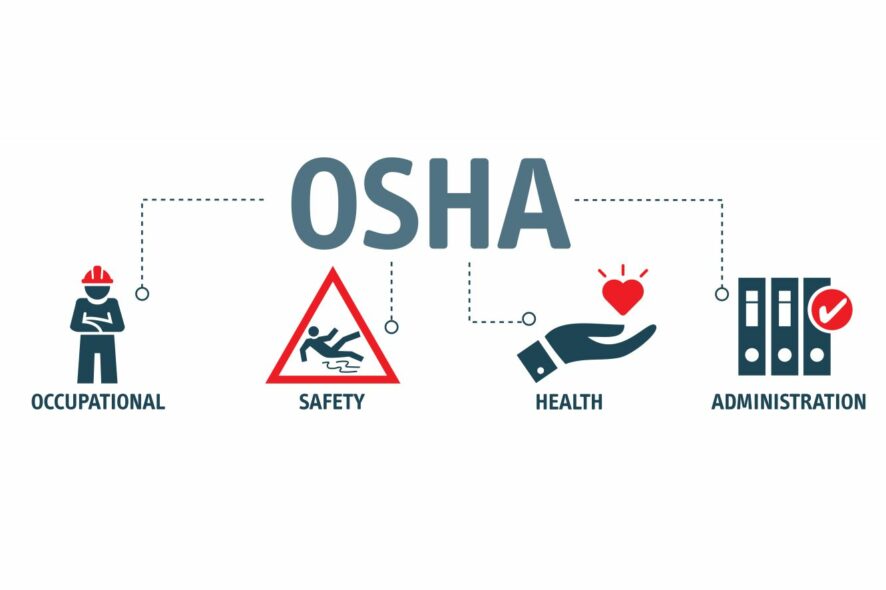The U.S. Department of Labor’s Occupational Safety and Health Administration (“OSHA”) has issued Emergency Temporary Standard on June 10, 2021 for safety of healthcare workers from COVID-19. The ETS provisions are limited to the workers in the healthcare industry from occupational exposure to COVID-19. The standard is effective immediately upon publication in the Federal Register. Employers must comply with most provisions within 14 days and with the remaining provisions within 30 days.
The Salient features of the Emergency Temporary Standard (ETS) are as follows:
- The ETS establishes new requirements employers must take to protect healthcare or health care support services, including skilled nursing homes and home healthcare, with some exemptions for healthcare providers who screen out patients who may have COVID-19.
- The ETS also lays down non-exempt facilities to conduct a hazard assessment and have a written plan to mitigate virus spread and requires healthcare employers to provide some employees with N95 respirators or other personal protective equipment. In addition, covered employers must ensure 6 feet of distance between workers. In situations where this is not possible, employers should erect barriers between employees where feasible.
- The ETS also provides provisions on anti-retaliation, recordkeeping, and reporting requirements, in line with existing OSHA standards and enforcement. Some exemptions, such as for certain workplaces where all employees are fully vaccinated, all non-employees are screened prior to entry, and people with suspected or confirmed COVID-19 are prohibited.
- The ETS also requires covered employees to provide workers with paid time off to get vaccinated and to recover from any side effects. Covered employees who have coronavirus or who may be contagious must work remotely or otherwise be separated from other workers if possible or be given paid time off up to $1400 per week. For most businesses with fewer than 500 employees, tax credits in the American Rescue Plan may be reimbursed through these provisions.
- The ETS exempts fully vaccinated workers from masking, distancing and barrier requirements when in well-defined areas.
- The ETS does not apply to an employee providing first aid who is not otherwise a healthcare provider. The ETS also does not apply to some home healthcare and ambulatory care settings where certain screening measures are implemented.
*Tanvi Singh, Editorial Assistant has put this story together.






